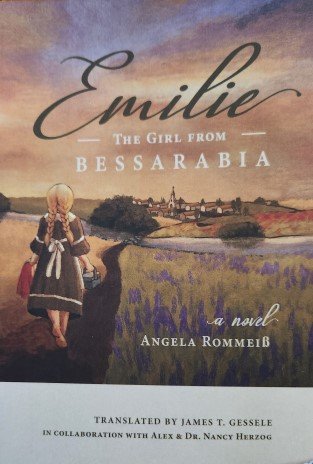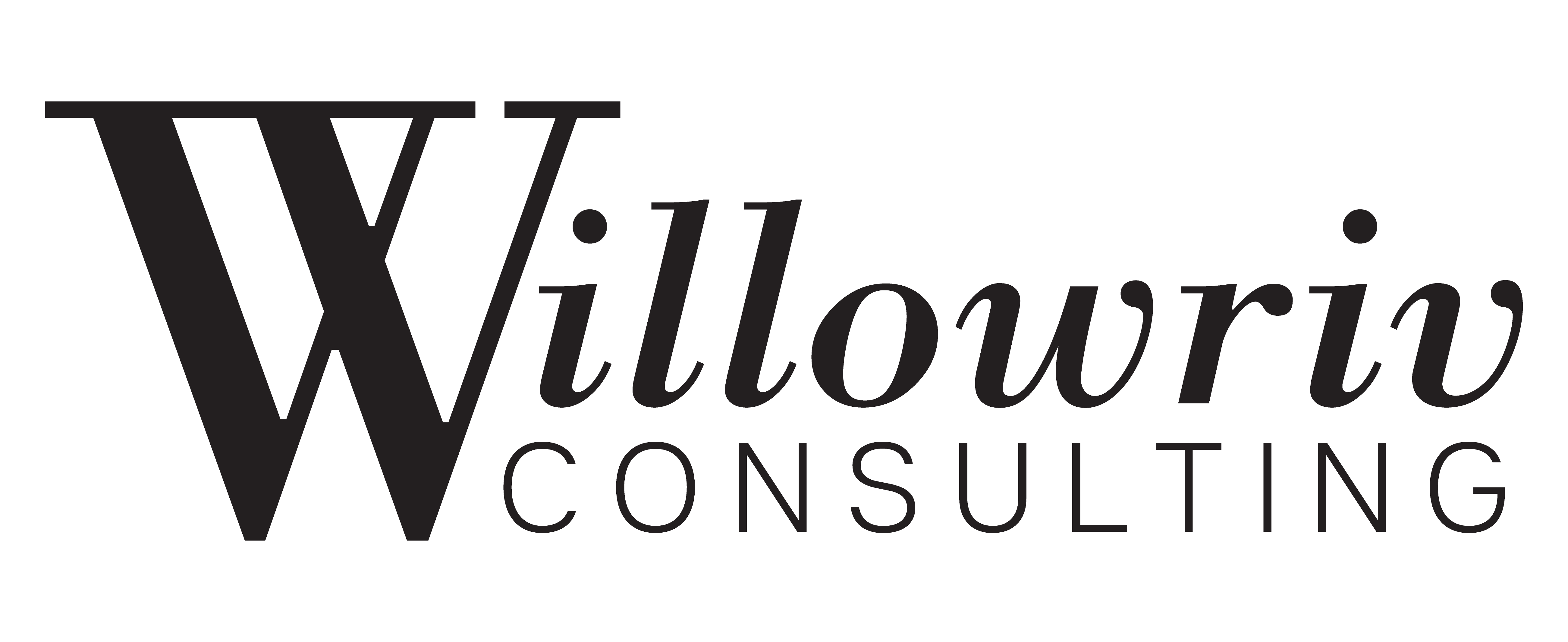Write It Down
History is so much more than dates and the names of people deemed important by those who write it down and publish their works.
“Do you know your great-grandmother? What was her name and how many children did she bear? What was your great-grandmother’s occupation?” These questions form the beginning of the “From the Author” section of a book I am currently reading: “Emilie: The Girl From Bessarabia” by Angela Rommeiß, translated by James T. Gessele in collaboration with Alex and Dr. Nancy Herzog.
The questions come from a housewarming gift given to the author. She states that she half-heartedly began filling in the ancestors by asking questions of her parents and in-laws. What she learned sparked her curiosity and eventually lead her to write a historical novel about one of her ancestors. 
History is the results of all the choices and actions each human makes. Focusing only on dates, major events and leaders of countries or movements misses the big picture. It misses your story.
Your story begins with your ancestors’ lives, the lives of their friends and neighbors, the wisdom that comes down to you from a variety of sources. Even if one of your ancestors was a leader of a powerful country during their time, other relatives and people around them, including servants and slaves have a part in your story and the tapestry of our world.
Do you know the answers to those questions? We each have 4 great-grandmothers and grand-fathers. We may have great uncles and aunts as well. Who were they? What were they like? Where did they live?
Write down what you know or find out. Every piece of information you can provide provides clues and insights into the lives of your ancestors.
So, write down family stories. Write down what you know or remember about your elders. Ask them questions if they are still here. Write your own story, not just for posterity’s sake, but for your own memory and reflection.
If you need help with genealogical research, contact us. We enjoy finding information for you.
